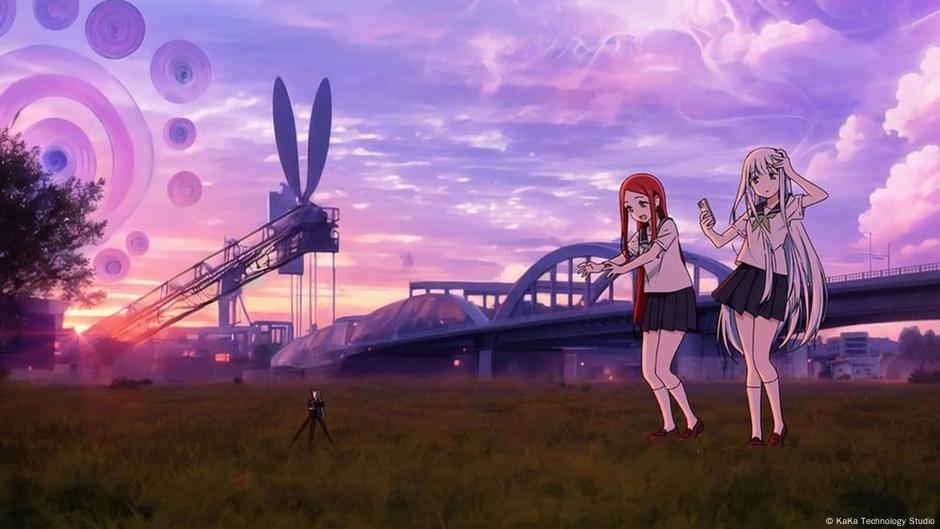Introduction to the Debate
When the AI Studio Ghibli filter was published, it triggered a heated debate about artists’ copyrights. Although Studio Ghibli did not react directly to the viral trend, an interview with the company’s co-founder circulated in detail. In it, Hayao Miyazaki said that he was "absolutely disgusted" by AI-generated content and described it as "an insult to life itself".
The Copyright Concerns
Japan’s Copyright Act, which was changed in 2019, is largely interpreted in such a way that it enables the use of copyrighted materials to train AI tools without the consent of the copyright holder. The law, which is more permissive than that in the EU or the USA, aims to lure AI investors to the Asian country. Japanese artists are already concerned about developments, with 94% of Japanese artists having concerns about AI infringement of their copyrights, according to a survey by Arts Workers Japan.
The Anime Industry
The anime industry is faced with a lack of work, and AI is already part of the mix. The first AI-animated anime, "Twins Hinahima", was launched in March of this year. In 2023, a short anime clip called "Dog & The Boy" by Netflix Japan also used AI-generated works of art to paint the background. There is currently a working crisis in the anime industry due to unattractive working conditions, with workers being revised and underpaid.
The Role of AI in Anime Production
The use of AI in anime can be seen as a solution to close the gap, indicates Roland Kelts, an anime expert and visiting professor at the Japanese School of Culture, Media and Society in Waseda University. K&K Design, an anime production studio, involves AI in its work, using an adapted version of the text-to-image model stable diffusion. The tool helps with coloring, background generation, and converting photos and videos into anime, saving a lot of time and effort.
A Culture that Includes Technology
Studios are working on anime projects for late television, and AI can help produce such content, says Kelts. However, he does not see this as threatening creativity in the East Asian country. The Japanese do not necessarily see the perspective of AI reproducing their version of "One Piece" as a threat within a few years. In Shinto, Japan’s national religion, all things have a "Kami" or a spirit, so the Japanese are less afraid of ideas about robotics, AI, and technology.
The Future of Filmmaking
The AI trend will affect filmmakers worldwide, and many are already integrating the technology into their work. The Canadian independent filmmaker Taylor Nixon-Smith says that he used chatbots to create tasks for the regulations, to consolidate research, and to design operational contracts, but most filmmaking tasks can only be carried out by humans. Charlie Fink, former Disney producer and current adjunct professor for cinematic AI at Chapman University, believes that the use of fast-developing technology "will lead to a new golden age from Hollywood", which "would be highly democratized because an individual could make a film for a few thousand dollars".
The Impact on the Film Industry
The impending threat already prompted Hollywood actors to strike last year due to a lack of AI-related protective measures for employees. The NO-Fake’s Act, which aimed at non-authorized AI replicates, was reintroduced in the US Congress last month. For Fink, however, this legislation can be seen as "the first stage of grief". In his view, the climb of AI remains inevitable, and it will slowly replace actors and producers, suggesting that being ahead of the game by learning to use AI is essential.

